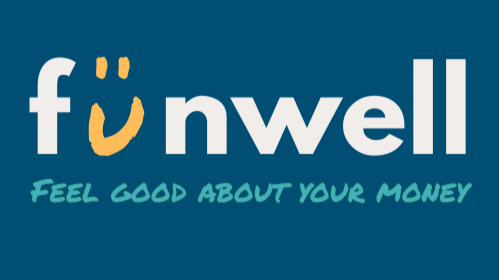Importance of Money Basics: Building a Foundation for Wealth
Money can feel overwhelming, especially when you don’t know where to start. I’ve seen and experienced this firsthand! Growing up with a single mom on government assistance, figuring out how to budget my first corporate paycheck (I failed miserably!) and working with clients in wealth management. Those experiences taught me one critical truth: mastering the basics is the key to moving from financial survival to financial empowerment.
From Reactive to Proactive
In my early years, money decisions were mostly reactive. Bills needed to be paid, groceries ran out, and every financial choice felt urgent and stressful. I watched my mom do her best, but without tools or habits to plan ahead, we often felt like we were just keeping our heads above water.
When I moved into wealth management, I saw the other side: clients who had accumulated wealth weren’t necessarily the highest earners! They were the people who mastered the basics: small, consistent choices over time. Even with modest incomes or resources, these choices became foundational habits that set them up for long-term financial success.
What these experiences taught me? People either react to money or plan ahead. The difference isn’t income or resources; it’s mastering the basics.
Why Money Basics Matter
Building a strong financial foundation isn’t about complex strategies or fancy investments. It’s about having control, clarity, and confidence with your money. Here’s what that looks like:
1. Budgeting
A budget isn’t restrictive, it’s actually freedom. Knowing what’s coming in and going out of your accounts helps you avoid debt, reduce stress, and make room for what matters most.
2. Saving
Even a small emergency fund or goal-based savings plan gives you a cushion. Consistent contributions, no matter how small, create financial breathing room and protect you from unexpected expenses.
3. Understanding Credit
Credit is more than a number, it’s a tool. Learning how to use it wisely can open doors instead of creating traps.
Reactive vs. Proactive Habits
Reactive habits: Paying bills last minute, borrowing to cover gaps, constantly worrying about money.
Proactive habits: Planning monthly expenses, automating savings, and making intentional choices that align with your goals.
When I moved from reactive money habits to proactive ones, I realized something: foundational money skills aren’t just practical…they’re transformative. They give people the power to make choices, not just respond to circumstances.
Take the First Step
Mastering the basics doesn’t require perfection or a financial degree. Start small: track your spending, set aside a tiny emergency fund, or review your upcoming bills. Each step moves you from reacting to planning and lays the groundwork for long-term financial freedom.
